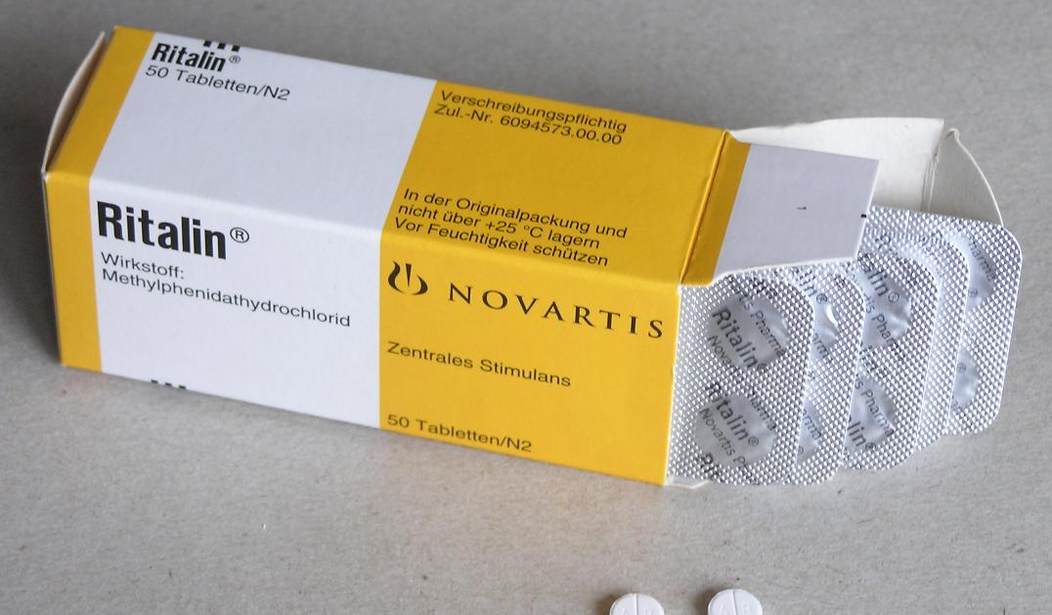A new study has found that Ritalin, a drug commonly prescribed for attention-deficit hyperactivity disorder (ADHD), may cause an irregular heart rhythm in some children and teens. From health.com:
Ritalin, a popular drug for treating attention-deficit hyperactivity disorder (ADHD), might increase the risk of an abnormal heart rhythm shortly after a young person starts taking it, a new study suggests.
Children and teens who were prescribed methylphenidate—sold under the brand names Ritalin, Daytrana, and Concerta—had a 61 percent increased risk of arrhythmias during the first two months of use, according to the analysis of South Korean patients.
While most children taking these medications will not experience heart problems (an estimated three per 100,000 per year) and the study did not prove that the medication causes an irregular heartbeat, researches recommended that doctors take these findings into account when prescribing methylphenidate.
“Children on these medicines should have [their] blood pressure and heart rate monitored to help mitigate potential risk,” said senior study author Nicole Pratt, a senior research fellow at the Quality Use of Medicines and Pharmacy Research Center at the University of South Australia. “Health professionals also need to consider the risk/benefit balance in children with prior history of heart disease or children on medicines that can affect [heart rhythm], particularly where symptoms of ADHD are mild.”
According to literature accompanying the study, around half of U.S. children diagnosed with ADHD in the U.S.—around 3.5 million—were prescribed a stimulant medication, typically methylphenidate.
The study, published May 31 in the BMJ for the South Korea National Health Insurance Database looked at 114,600 kids aged 17 or younger who were recently prescribed the ADHD drug:
Among those children, 1,224 cardiac events had occurred between 2008 and 2011—heart rhythm problems, high blood pressure, heart attacks, stroke, and heart failure.
They found that children were most vulnerable within their first two months on methylphenidate.
The risk was highest within the first three days of treatment, about doubled compared to periods when the kids weren’t taking methylphenidate.
The researchers found no significant increased risk of heart attack in these kids, and no increased risk at all for high blood pressure, stroke or heart failure.
Pratt said that parents who have concerns should not just take their kids off the medication suddenly. They should be gradually weaned off of methylphenidate gradually to avoid potential side effects, including depression.
“Parents should not stop the medicine, but discuss this study and their concerns with their doctor or pediatrician,” Pratt said. “Children should be closely monitored for any signs or symptoms of cardiac effects.”










Join the conversation as a VIP Member